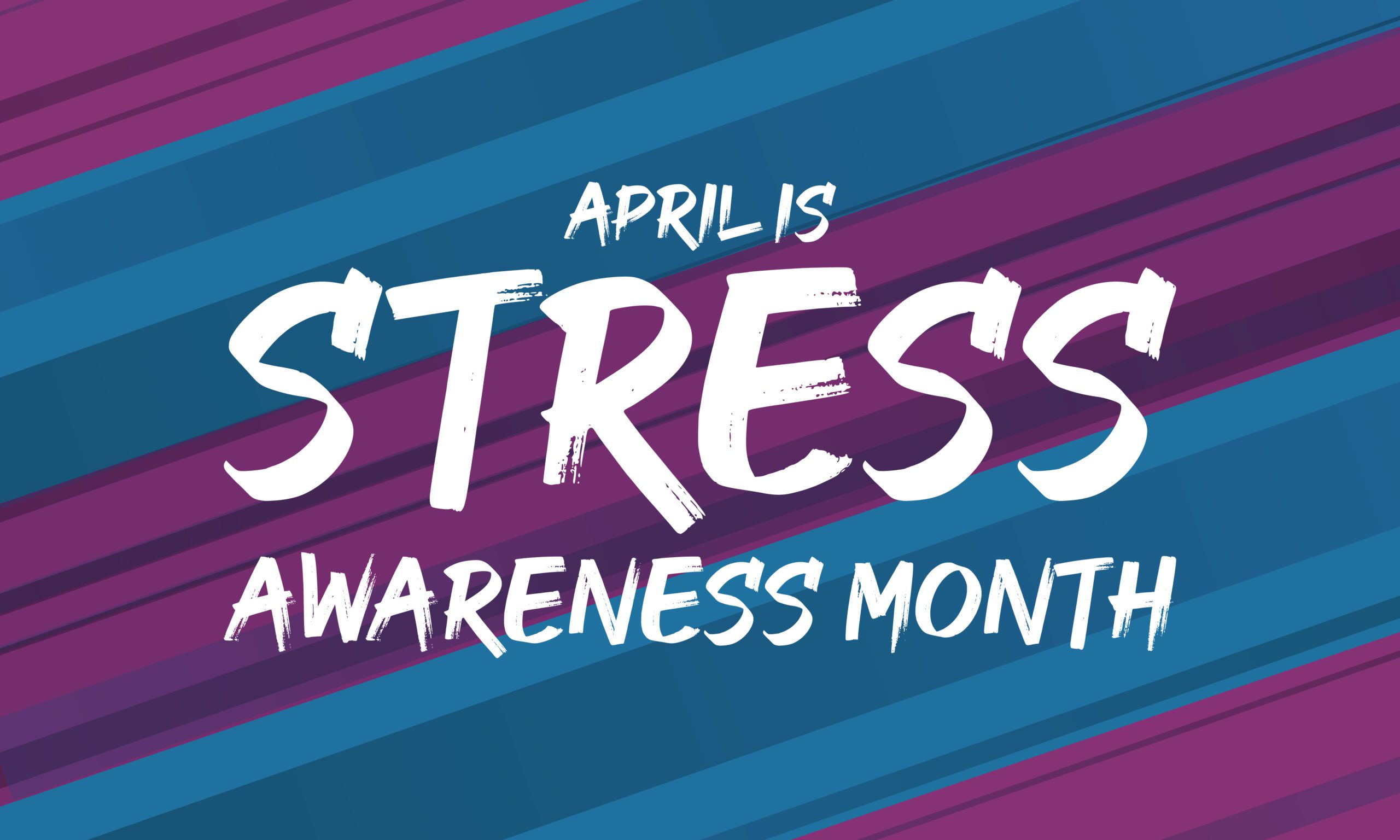 Social media, peer pressure, school, and other responsibilities play a role in the growing mental health crisis in American teenage girls.
Social media, peer pressure, school, and other responsibilities play a role in the growing mental health crisis in American teenage girls.
As the world begins a return to normalcy following the COVID-19 pandemic, teenage girls are still at the forefront of the ongoing mental health crisis.
According to a 2021 study from the CDC, three out of five teenage girls in the United States feel constant sadness or hopelessness.
The study also revealed this is a 60% increase from the past decade, showing rates of emotions related to sadness and depression among young girls continuing to grow.
Viviana Zavala, a 19-year-old radiology technician major, believes social media is a significant contributing factor to the mental health crisis teenage girls are facing.
“Social media, in my opinion, causes a lot of damage to mainly girls,” Zavala said. “Social media is filtered, photoshopped and only shows what the world wants to see.”
Zavala said girls tend to compare themselves to people they see on the internet, which can cause them to look down on themselves and lower their self-confidence.
According to the Pew Research Center, in 2023, over 97% of teenagers said they go on social media and the internet daily, compared to 92% in 2014 and 2015.
Shaira Villanueva, an El Camino student interested in game development, also believes social media and the internet contribute to the mental health decline in teenage girls.
“With social media defining how relationships should be with either yourself or those around you by labeling those actions as the bare minimum, creates a sense of stress and insecurity of how one’s life doesn’t meet the social media standard of perfection,” Villanueva said.
She said the use of social media draws comparisons to other girls, which elicits a response of feeling insecure, as well as feelings of low self-esteem.
With social media being one the main contributors to the mental health crisis, becoming a teenager also means the sudden increase of responsibilities they have or are given.
In addition, teenage girls feel as if they run out of methods to manage it all, which can result in sadness and high amounts of stress.
According to the American Institute of Stress, 64% of Americans aged 15-29 have high levels of stress.
Psychology major Katelyn Estrada, 19, said there are various components, both academic and non-academic that account for high levels of stress in teens, which can result in a decline in their mental states.
“Whether it be school responsibilities or at home like helping to take care of siblings while also being expected to clean and do other stuff is stressful for teens,” Estrada said.
Students seeking mental health treatment are encouraged to visit the El Camino College Student Health Center, which offers various health services to students, including therapy. The office can be contacted by phone at 310-660-3643 or after hours at 310-660-3377 for the crisis line.


